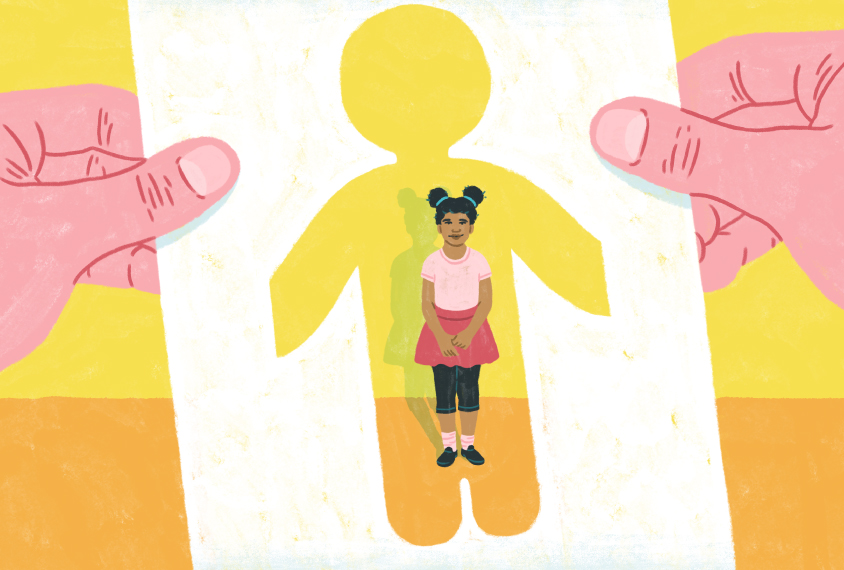Meng-Chuan Lai is associate professor of psychiatry at the University of Toronto in Canada.
Meng-Chuan Lai
Assistant professor
University of Toronto
From this contributor
Quashing sex bias in autism research calls for participant rainbow
Autism researchers must attend to the need for sex and gender diversity in study design as a rule rather than as an exception.

Quashing sex bias in autism research calls for participant rainbow
Brains of girls, boys may mark distinct paths to autism
Differences between the brains of men and women with autism may help explain why men are more susceptible to the condition and women appear to be protected from it.

Brains of girls, boys may mark distinct paths to autism
Mind the gender gap
Autism may be male-biased in prevalence, but our understanding of it should not be, argues Meng-Chuan Lai.
Explore more from The Transmitter
Astrocytes orchestrate oxytocin’s social effects in mice
The cells amplify oxytocin—and may be responsible for sex differences in social behavior, two preprints find.

Astrocytes orchestrate oxytocin’s social effects in mice
The cells amplify oxytocin—and may be responsible for sex differences in social behavior, two preprints find.
Neuro’s ark: Spying on the secret sensory world of ticks
Carola Städele, a self-proclaimed “tick magnet,” studies the arachnids’ sensory neurobiology—in other words, how these tiny parasites zero in on their next meal.

Neuro’s ark: Spying on the secret sensory world of ticks
Carola Städele, a self-proclaimed “tick magnet,” studies the arachnids’ sensory neurobiology—in other words, how these tiny parasites zero in on their next meal.
Autism in old age, and more
Here is a roundup of autism-related news and research spotted around the web for the week of 2 March.

Autism in old age, and more
Here is a roundup of autism-related news and research spotted around the web for the week of 2 March.